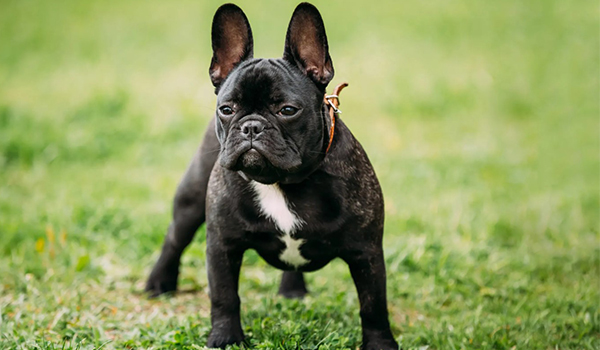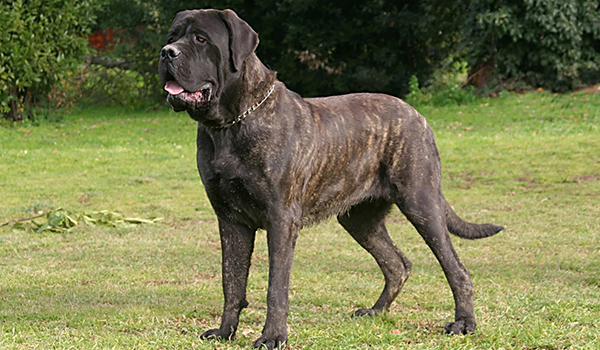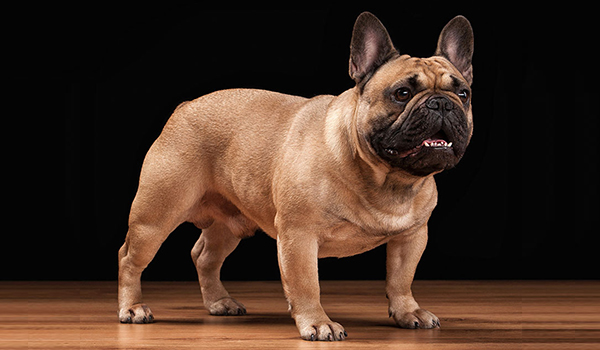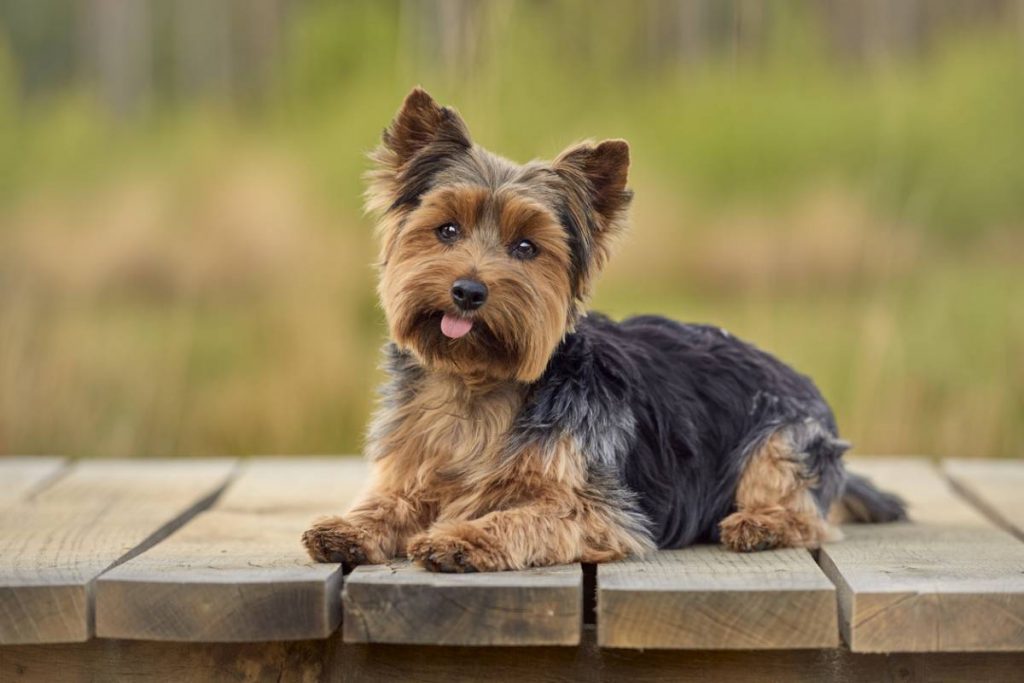
The Yorkshire Terrier, or “Yorkie,” is a small dog with a larger-than-life personality. With their fine, silky coat that resembles human hair and their confident, terrier spirit, they have become one of the most popular toy breeds in the world. But beneath the glamorous exterior lies a true terrier: feisty, brave, and full of spunk.
This comprehensive guide will explore everything a future owner needs to know about the Yorkshire Terrier, from their working-class origins to their modern-day role as a beloved companion, to help you decide if this tiny powerhouse is the right fit for your lifestyle.
Breed Overview
- Group: Toy
- Height: 7 – 8 inches (at the shoulder)
- Weight: 4 – 7 pounds (often much smaller, but dogs under 4 pounds are at high risk for health issues)
- Life Span: 11 – 15 years
- Coat: A long, silky, hypoallergenic coat that is fine and straight, resembling human hair. The breed has a distinctive color pattern: a steel blue body and a golden tan head and chest.
A Brief History: From Rat-Catcher to Lapdog
The Yorkie’s history is a true “rags to riches” story. They were developed in the mid-19th century in the county of Yorkshire, England, by Scottish weavers who migrated to the region. These working men needed a small, tenacious dog to catch rats in the textile mills and coal mines.
They were originally much larger than the modern Yorkie, but through selective breeding, they were miniaturized into the lap-sized companion we know today. Their luxurious coat, a far cry from their rough-and-tumble beginnings, became a hallmark of the breed as they transitioned from the factories to high society, charming Victorian ladies and becoming a symbol of elegance.
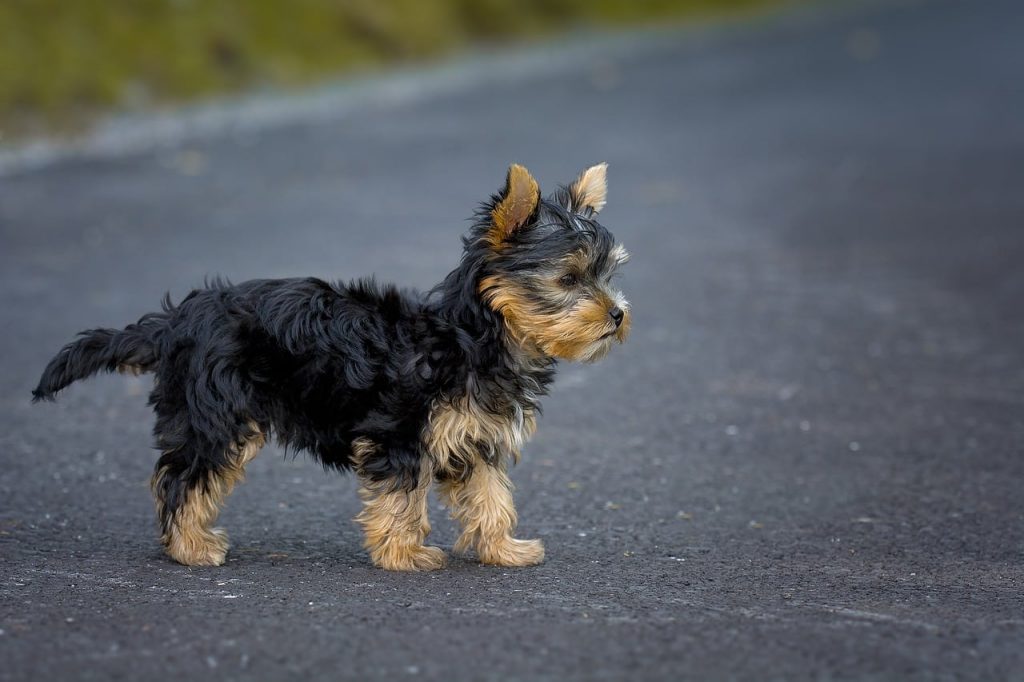
The Yorkshire Terrier Temperament: A Big Dog in a Small Package
Never judge a Yorkie by its size. They possess the boldness and courage of a dog ten times their weight.
- Affectionate & Loyal: With their family, Yorkies are incredibly loving and devoted. They often form a strong bond with one particular person and love to be a “lap dog.”
- Bold & Confident: They are classic terriers: spirited, brave, and sometimes bossy. They are often completely unaware of their small size and may challenge much larger dogs.
- Energetic & Playful: They have a surprising amount of energy and enjoy play sessions, chasing toys, and going for walks.
- Intelligent & Inquisitive: Yorkies are clever and quick to learn, though their independent streak can sometimes be mistaken for stubbornness.
- Vocal & Alert: They make excellent watchdogs and will bark to alert you to any little noise or visitor. This tendency needs to be managed with training to prevent it from becoming a nuisance.
Caring for Your Yorkshire Terrier
Exercise: Moderate Needs for a Small Dog
Their exercise requirements are well-suited for apartment or city living.
- Daily Requirements: Short daily walks and active indoor play sessions are sufficient to keep a Yorkie happy and healthy.
- Mental Stimulation: Their intelligence needs an outlet. They enjoy learning tricks, playing with puzzle toys, and interactive games.
Grooming: A Significant Commitment
This is the most demanding aspect of owning a Yorkshire Terrier. Owners have two main choices:
- The Full-Length Show Coat: This requires daily brushing with a pin brush and comb to prevent painful tangles and mats. The coat is often kept up in wraps or a topknot to protect it, but this is a time-intensive process.
- The “Puppy Cut”: Most pet owners opt for a shorter, easier-to-maintain trim from a professional groomer every 4-6 weeks. This drastically reduces daily brushing to a few times a week but still requires regular grooming appointments.
- Other Needs: Regular teeth brushing (critical for this breed), ear cleaning, and wiping their face after meals to prevent staining around the eyes and mouth.
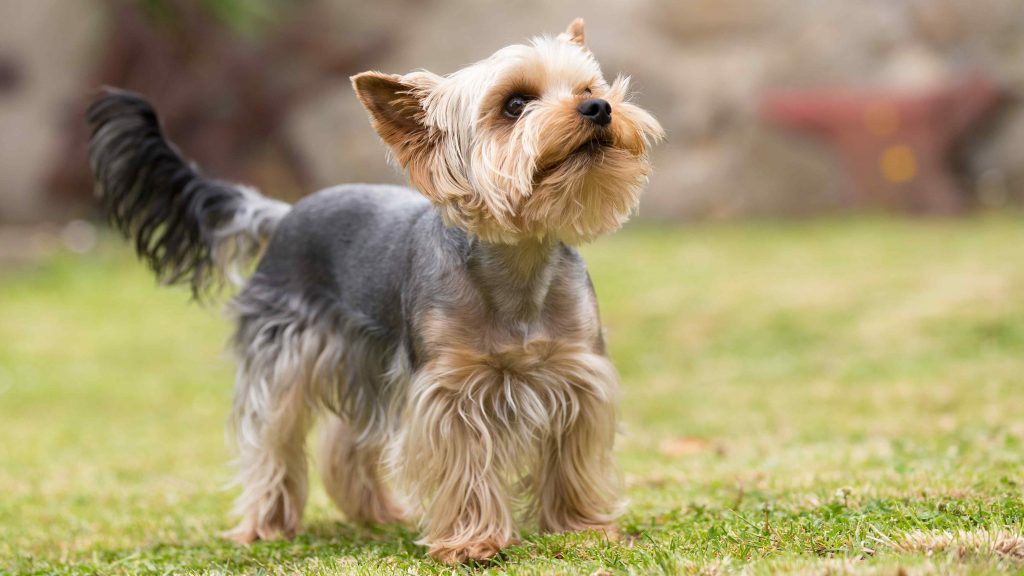
Training: Consistency is Key
Their intelligence and terrier independence require a patient and consistent approach.
- Start Early: Begin socialization and training as a puppy. Expose them to a variety of people, sounds, and other animals to prevent them from becoming timid or yappy.
- Housetraining: This can be challenging. Their small bladders require a very consistent schedule and patience. Many owners successfully use puppy pads as a backup or primary solution.
- Positive Reinforcement: They respond best to reward-based training with small, tasty treats and plenty of praise. Keep sessions short and fun to hold their attention.
- Manage Barking: Teach a “quiet” command from a young age to control their alert barking.
Health: What to Be Aware Of
Due to their tiny size, Yorkies are prone to specific health issues.
- Dental Problems: This is the number one issue. Their small mouths lead to crowded teeth, making them highly prone to plaque buildup and early tooth loss. Daily teeth brushing and regular veterinary cleanings are non-negotiable.
- Luxating Patella: A common condition in small breeds where the kneecap slips out of place. It can range from mild to severe, sometimes requiring surgery.
- Hypoglycemia: Low blood sugar can occur, especially in very small or young puppies. It’s important to feed them small, frequent meals.
- Collapsed Trachea: Characterized by a honking cough. It is managed by using a harness instead of a collar to avoid pressure on the neck.
- Portosystemic Shunt (PSS): A serious liver condition where blood bypasses the liver, preventing detoxification.
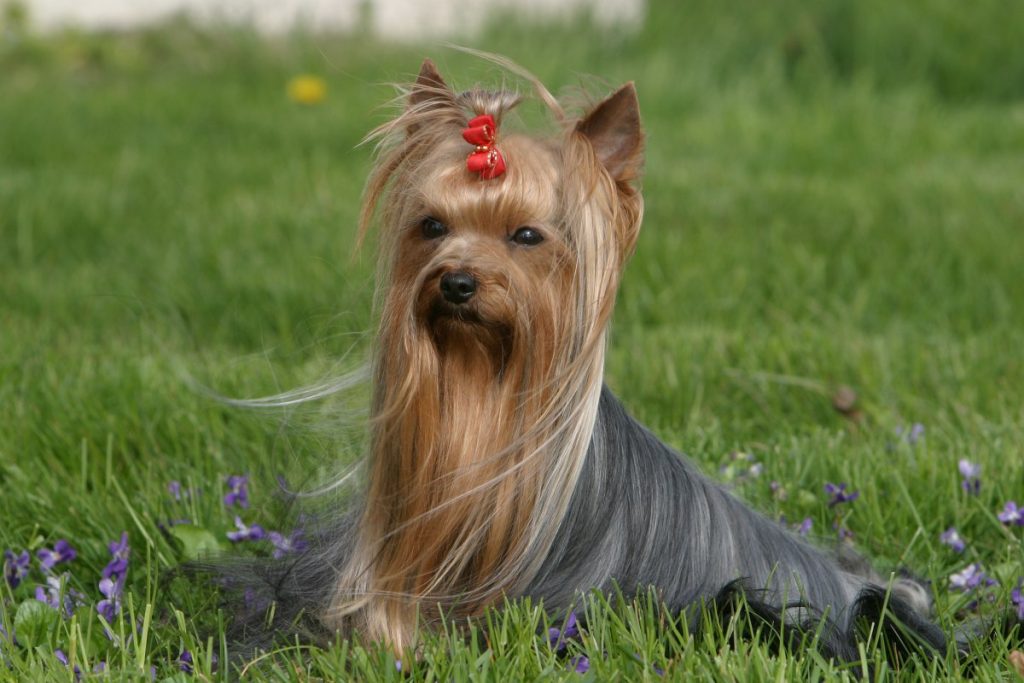
Is a Yorkshire Terrier Right For You?
A Yorkshire Terrier might be your perfect match if you:
- Live in an apartment or small home.
- Want a loyal, affectionate, and portable companion.
- Have time for (or can budget for) a regular grooming routine.
- Appreciate a bold, entertaining, and alert personality.
- Are prepared to be vigilant about their safety around larger animals and hazards.
You might want to reconsider if you:
- Have very young children who might accidentally injure them.
- Want a quiet, low-maintenance dog (they bark and require grooming).
- Are looking for a rugged hiking or jogging partner.
- Are not prepared for the potential challenges of housetraining a small breed.
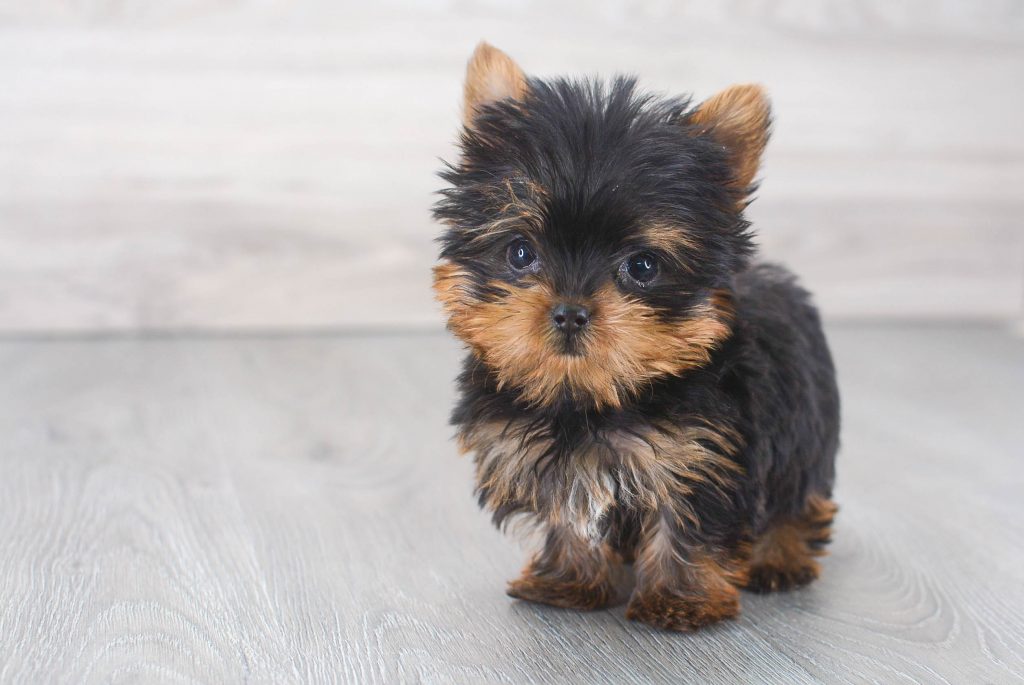
Finding Your Yorkshire Terrier
- Reputable Breeders: Choose a breeder who prioritizes health, temperament, and a reasonable size (avoiding “teacup” Yorkies). They should perform health tests on their breeding dogs (patella evaluations, eye exams) and be transparent about health issues in their lines.
- Rescue & Shelters: Yorkshire Terrier-specific rescues are very common. Many dogs are surrendered when owners are unprepared for their grooming needs or big personality. Adopting an adult can be a wonderful way to know the dog’s personality and coat type.
Understanding the Cost: The initial purchase price from a reputable breeder in the U.S. typically ranges from $1,200 to $3,000+. However, prospective owners must budget for significant ongoing costs, including professional grooming ($50-$80+ per session every 4-6 weeks), high-quality food, and potential veterinary care for their teeth, knees, and other breed-specific issues. Pet insurance is a wise consideration.
Bringing a Yorkshire Terrier into your life means welcoming a dose of glamour, sass, and unwavering loyalty. With proper care, training, and a commitment to their grooming needs, you will gain a tiny companion whose courage and devotion are as grand as any larger dog.

